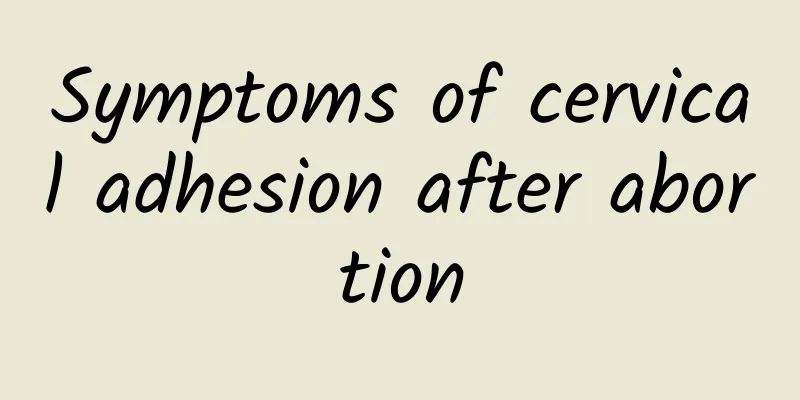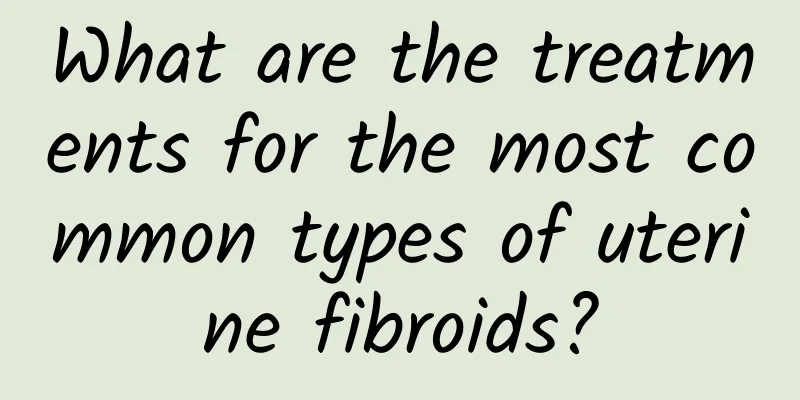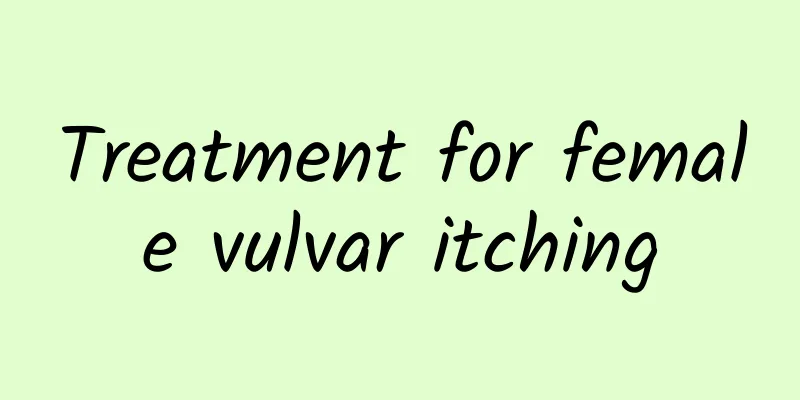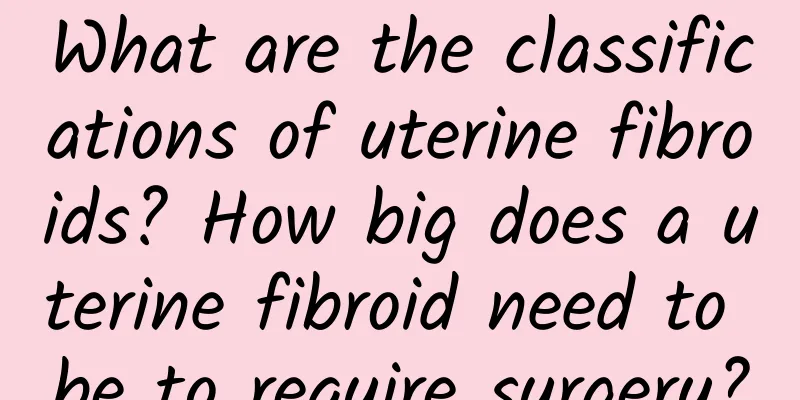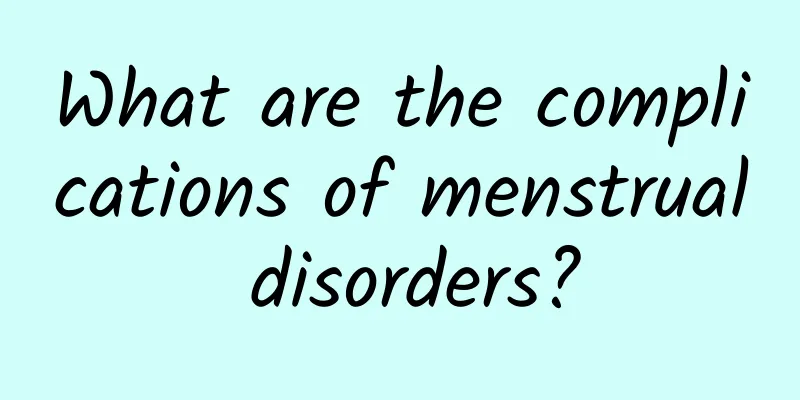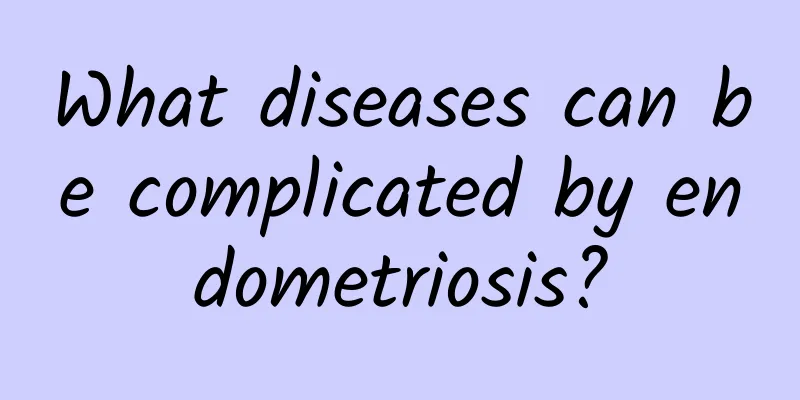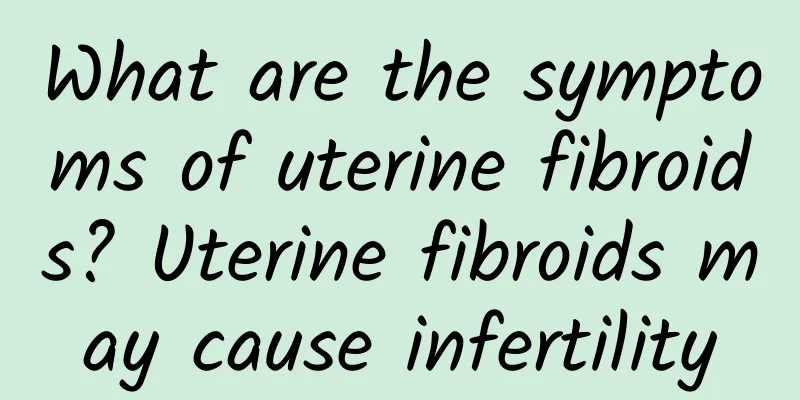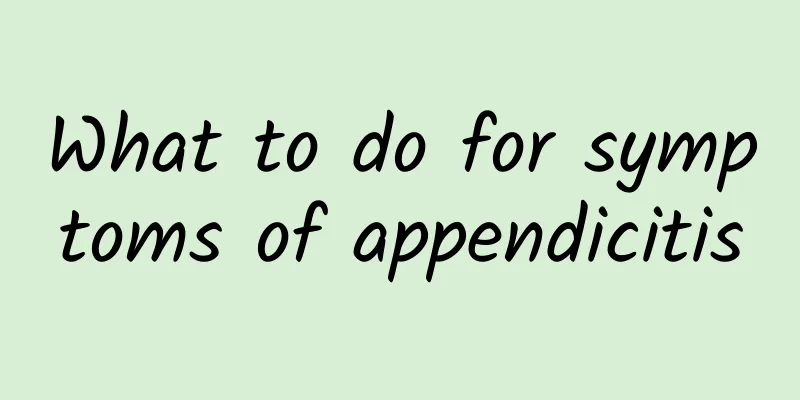How to treat uterine fibroids? Are uterine fibroids benign tumors?
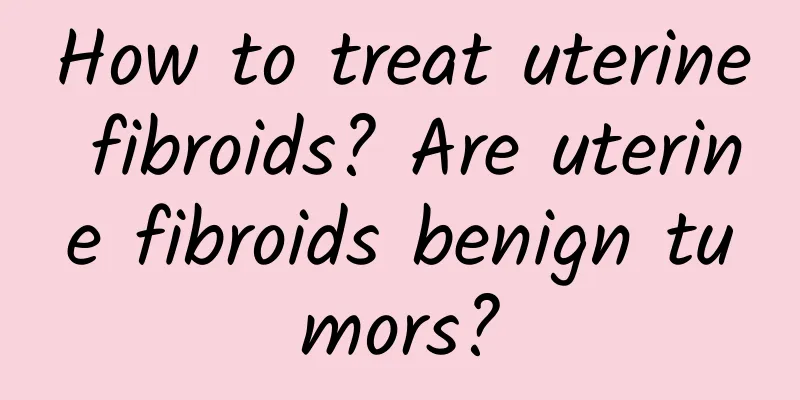
|
After a large number of clinical trials, hospital experts believe that using balloon embolization to treat uterine fibroids is not only safe and reliable, but also can avoid the pain caused by hysterectomy. At present, this new treatment technology has been decided to be vigorously promoted throughout the country. In recent years, balloon embolization has been gradually used in the clinical treatment of intracranial aneurysms in neurosurgery, with ideal results. Inspired by this clinical experience, experts from the hospital's obstetrics and gynecology and radiology departments have collaborated to invent a balloon embolization method for the treatment of uterine fibroids. The key to this technology is to use a catheter to inject a synthetic inert balloon into the uterine artery. After these inert balloons enter the uterine artery, the uterine fibroids will absorb blood at the same time like a sponge, causing the fibroid's absorption blood vessels to be blocked by the balloons, and eventually suffocate to death. According to French experts, this treatment process takes about an hour, the hospital stay is usually 3 days, and the recovery period is generally less than a week. Usually, 6 months after the patient receives treatment, the uterine fibroids will be completely necrotic. In addition to leaving a small scar on the uterine wall, the patient will not feel any discomfort. But they also emphasized that this treatment method is currently only suitable for ordinary uterine fibroids. For fibroids that are too large, they should be removed as appropriate. Uterine fibroids are the most common benign tumors in the female reproductive organs. They are composed of muscle and fibrous tissue of the uterine wall. Some fibroids are so large that they cause infertility and bleeding in women, and a small number of them are even cancerous. At present, the medical community is still unclear about the cause of uterine fibroids. Research generally believes that it is directly related to hormone secretion. |
<<: How are uterine fibroids generally treated? What are the common treatments for uterine fibroids?
>>: What should I do if I have uterine fibroids? What is the treatment for uterine fibroids?
Recommend
Should uterine fibroids be removed during pregnancy?
Some pregnant women may ask: "Is it necessar...
Be careful of the four hazards of cervicitis. How to prevent the recurrence of cervicitis
Cervicitis is one of the common gynecological dis...
How to use medicine for pelvic inflammatory disease? There are many precautions
There are many things to note when using drugs to...
What to do if you have uterine fibroids? How to treat uterine fibroids
Nowadays, the incidence of uterine fibroids is gr...
Three treatments for ectopic pregnancy you should know
Three treatments for ectopic pregnancy that you s...
Smelly foods can cure diseases, durian can cure dysmenorrhea
There are many foods with special flavors around ...
Abnormal black vaginal discharge after menstruation
Abnormally dark vaginal discharge after menstruat...
The best hospital for abortion
Nowadays, many women face the trouble of unexpect...
What should girls do if they have irregular menstruation? Why do girls have irregular menstrual cycles?
Middle school girls will be disturbed by menstrua...
What is the difference between cervical cancer and uterine fibroids? Are cervical cancer and uterine fibroids the same?
What is the difference between cervical cancer an...
What are the symptoms of uterine fibroids and backache? What does uterine fibroids and backache indicate?
What are the symptoms of backache caused by uteri...
How to treat pelvic effusion during pregnancy
The treatment of pelvic effusion during pregnancy...
In daily life, what kind of care should be paid attention to for adnexitis
Adnexitis is one of the most common gynecological...
What are the early symptoms of cervical erosion?
Cervical erosion is a gynecological disease that ...
What are the causes of cervical erosion? Summary of the causes of cervical erosion in women
Cervical erosion is common in married women. Comm...
